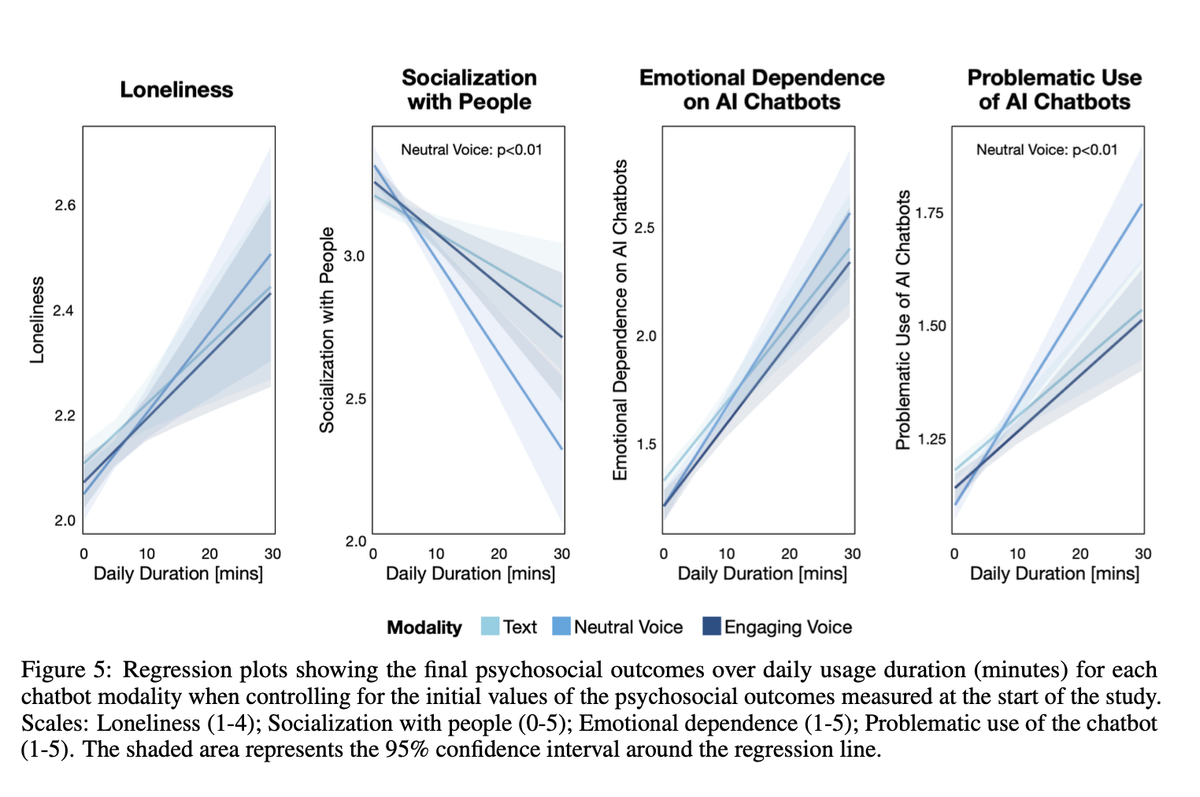
Chatbots could spark the next big mental health crisis
AI Chatbots and Digital Rights: New Challenges in Protecting Intellectual Property
The rise of AI chatbots is creating unprecedented challenges for protecting intellectual property and digital rights. A fascinating new study from OpenAI and MIT reveals how these technologies are reshaping human behavior and raising important questions about ownership, authenticity, and verification in our increasingly digital world.
The research shows that heavy users of AI chatbots like ChatGPT are developing emotional dependencies and experiencing increased feelings of isolation. While concerning from a mental health perspective, this trend also highlights a broader shift in how humans interact with and trust digital entities - with major implications for how we approach intellectual property protection in the AI era.
As users form deeper relationships with AI, the lines between human and machine-generated content become increasingly blurred. Who owns the creative output when a human collaborates with an AI? How do we verify the provenance of digital assets in a world where synthetic content is increasingly sophisticated? These questions are becoming critical as AI chatbots evolve from simple tools into emotional companions and creative partners.
The study found that platforms like Character.ai and Replika are intentionally designing their chatbots to form emotional bonds with users, even selling premium features to "enhance the fantasy." This commercialization of synthetic relationships creates new vectors for potential IP violations and fraud. When users share personal or professional information with these systems, how can they be sure their intellectual property rights are protected?
This is where blockchain technology offers a compelling solution. By creating an immutable record of digital assets on Bitcoin's blockchain, creators and businesses can establish definitive proof of existence and ownership. This becomes especially crucial as the boundaries between human and AI-generated content continue to blur.
The researchers advocate for "socioaffective alignment" - designing AI systems that serve users' needs without exploitation. Similarly, we need robust systems for protecting intellectual property that align with how people actually use and create with AI. Simply uploading your work to a blockchain creates a permanent, tamper-proof record that can serve as legal evidence of ownership.
As AI companies rush to optimize for engagement, often at the expense of user wellbeing, we're seeing echoes of social media's rocky path to maturity. But we have an opportunity to do better this time by proactively establishing clear frameworks for digital rights protection. Blockchain certification provides the technological foundation for these frameworks.
The study's findings about emotional dependence on AI systems should serve as a wake-up call. As these technologies become more sophisticated and emotionally engaging, having verifiable proof of intellectual property ownership becomes not just important but essential. Whether you're an individual creator or a business working with AI tools, establishing clear provenance for your digital assets is critical.
For those looking to protect their intellectual property in this evolving landscape, blockchain certification offers a clear path forward. CertVera's platform makes it simple to create an immutable record of your work on Bitcoin's blockchain, providing iron-clad proof of existence that stands up to legal scrutiny.
As we navigate the challenges and opportunities of the AI era, having strong systems for protecting intellectual property rights will only become more crucial. The time to establish these protections is now, before the lines between human and machine-generated content become even more complex.
Learn more about protecting your intellectual property with blockchain certification